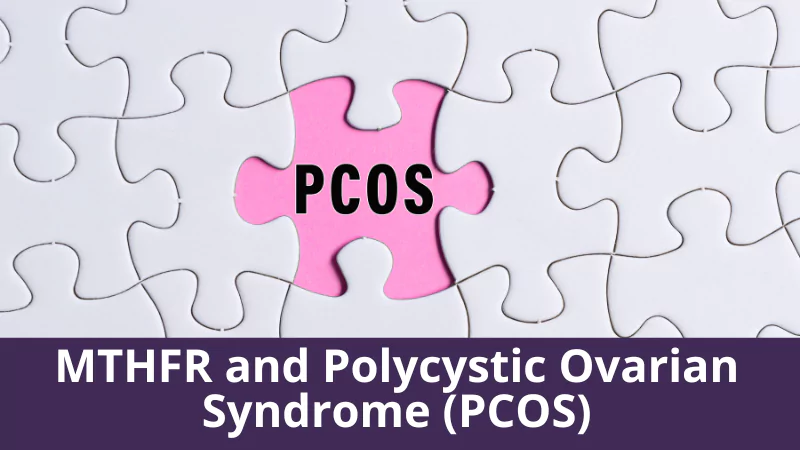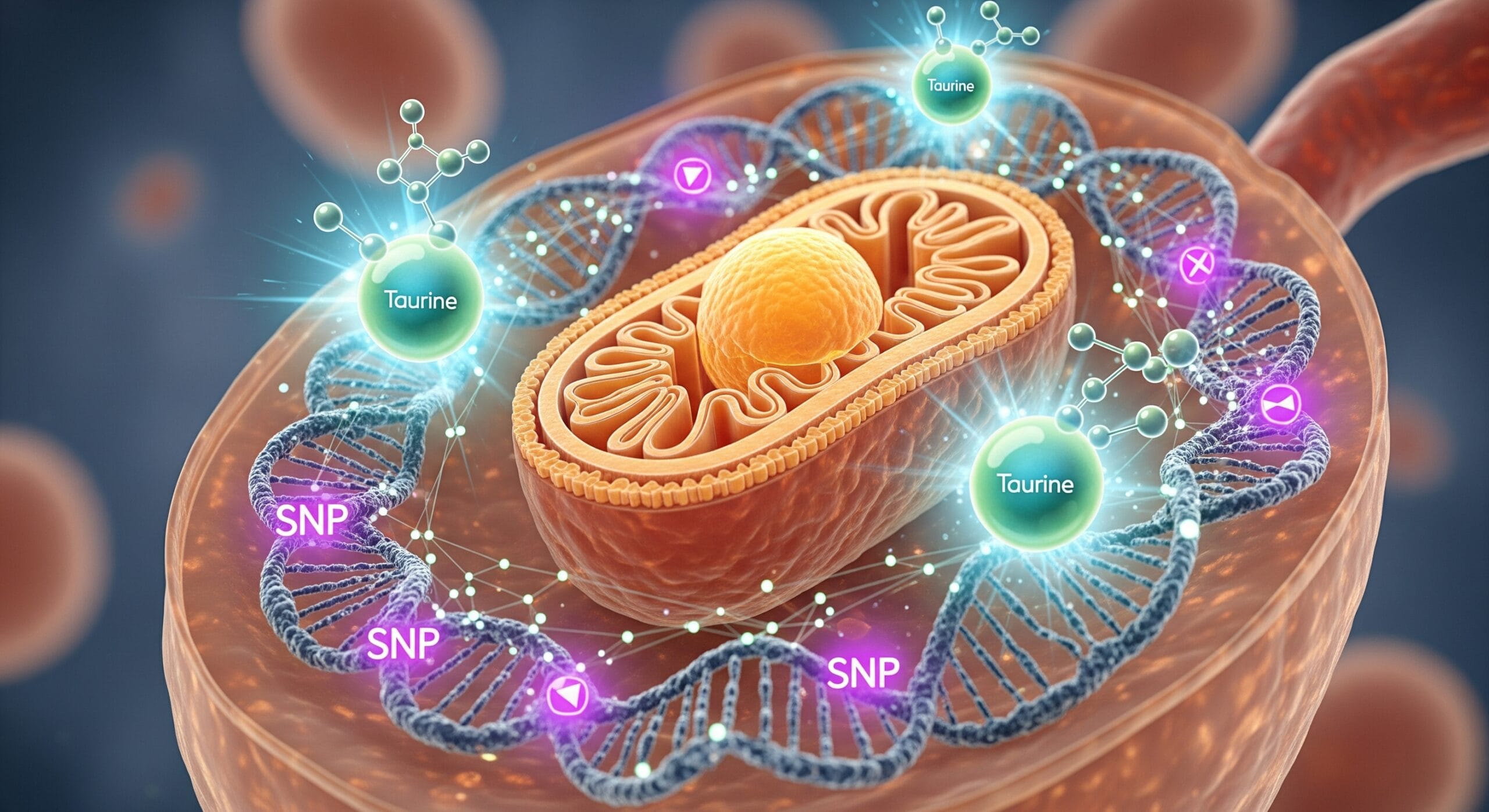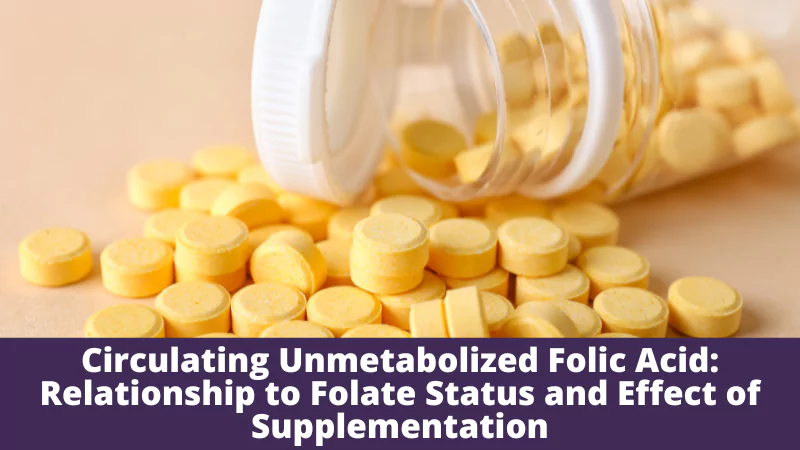Folate is important for so many processes in the body but arguably most importantly is the role it plays in pregnancy and fertility.
No doubt you’ve heard of folic acid. Like most people, you might not know that there’s a difference between folate and folic acid, which can make things confusing for us when we are trying to choose the right nutrients to prepare for pregnancy.
Folate is a group of water soluble b-vitamins, also known as B9. Folate is naturally found in foods such as broccoli, spinach, romaine lettuce, asparagus, beets, chickpeas, oranges, papaya, sunflower seeds, beans and lentils.
What are the different forms of folate?
Folic Acid
Let’s start with the most commonly prescribed and most readily available, Folic acid. It’s a synthetic form of folate and it is not active in the body until it is converted into folate by an enzyme called dihydrofolate reductase (DHFR) [2].
Bread in Australia must be fortified with folic acid as mandated by the Australian Government (also true for U.S, Canada and many other countries). In addition to that many other cereal based foods are voluntarily fortified with folic acid. Folic acid has been used to correct folate levels in the Australian population because it is cheap to make, is stable and has been extensively studied in its prevention of neural tube defects [1,3].
But for some people who have genetic polymorphisms impacting methylation, ie. MTHFR or DHFR, this can pose a problem. Even though supplementing with folic acid can improve folate circulating in the blood this may not be converting into active folate and could actually build up as unmetabolised folic acid [2].
For practitioners, you can learn more about unmetabolised folate in our upcoming webinar webinar here.
Folinic Acid
Folinic acid converts more readily into active folate than folic acid as it does not require the enzyme DHFR. This form has been well researched, particularly for those with folate receptor antibodies and those people who cannot tolerate methyl folate due to a methyl block.
5-MTHF
5-methyltetrahydrofolate (5-MTHF or methyl folate), is our biologically active form of folate that enters the cells directly and is responsible for methylation to support preconception, pregnancy and mental health. This is the optimal form for anyone with a known polymorphism in the MTHFR gene [2]. This gene controls the amount of 5-MTHF you make and so people who have reduced activity of the enzyme that makes 5-MTHF need to supplement with 5-MTHF. Many people try this form and get symptoms like anxiety, nausea, headaches and mood imbalances but this doesn’t mean you shouldn’t take it, it means you really need to work out why your body isn’t using it. This is often referred to as a ‘methyl block’. It’s crucial to find the block – it may be due to low Vitamin B12, low glutathione, yeast infections, mould mycotoxins and much more [5]. Don’t ignore this and take folinic acid instead – you are ignoring an important reason as to why your health is not optimal or why you are having issues with fertility. This is why seeing a health care practitioner experienced in genetics is so important.
When choosing a form of folate to supplement with, ideally you would need to understand your entire methylation cycle [4,5]. To help you do this, you can access genetic testing here and get in touch with one of our health care practitioners who specailse methylation from our clinic here.
What are the main dietary sources of natural folate?
The word folate comes from the latin word for ‘leaf’, and it directs us to one of our greatest sources of folate – leafy green veggies. Other sources of folate include citrus fruits, organ meats, like liver, and legumes [2].
Folate In Pregnancy
Folate is incredibly important for optimising fertility. It is required for the development of healthy sperm and eggs, specifically involved in DNA synthesis and involved in balancing hormones. Folate deficiency in pregnancy increases the risk of miscarriage and neural tube defects in bub [1].
The overarching message on folate is that we need it to successfully have a baby. If you don’t have enough of the active folate, 5-MTHF, then you may have the following signs and symptoms [1,5,6]:
- Miscarriage
- Hormones imbalances
- Unexplained infertility
- Painful periods
- Endometriosis
- Headaches and migraines
- Anaemia
- Hair loss
- Mood imbalances, impacting sleep and energy
The most important thing for you to remember, is that your folate needs to be taken 4 months BEFORE you start trying to conceive. The sperm and egg that go to form your baby are developed and nourished 120 days or more before conception.
So starting to take folate once you’re already pregnant is too late!
In the first trimester, the demand for folate ramps up for both mum and baby. Having adequate levels before pregnancy to carry you into your first trimester can reduce the risk of miscarriage, pre-eclampsia and anaemia [4]. Remember by the time you have fallen pregnant the babies neural tube has already closed.
It’s not all about mum though! Dad also needs to have optimal active folate in the 4 months leading up to conception. Folate plays an important role in preventing DNA damage in sperm and supplementing could improve sperm count [8]. Research says that if the male has MTHFR polymorphisms and his folate is low, you could still miscarry even if you don’t have MTHFR or have good levels of folate.
Can you have too much folate?
The short answer is yes, specifically if you are taking folic acid [5,8].
The enzyme DHFR (responsible for converting folic acid to 5-MTHF) can only process 200-300mcg per day [9]. Most prenatal supplements in Australia have 800mcg of folic acid or more in a single daily dose. This means that if you are taking a prenatal and eating fortified foods (any non-organic breads or cereals) you are going way over the amount your body can utilise in a day.
Folic acid that can not be converted into its active form can build up in the body as unmetabolised folic acid. We are still learning about the harmful effects, and early research has demonstrated a link between unmetabolised folic acid and reduced immunity, reduced DNA synthesis and possibly increased risks of cancer and autism [2,10].
There is an outdated view that mega doses of folic acid will bypass issues with MTHFR. We are understanding now that it might be doing more harm than good, but more research is needed to help us change the way we view folic acid from a public health perspective.
I want to get pregnant – what do I do next?
Step 1 – a great place to start is by increasing folate rich foods in your diet. Some foods to increase in your diet include dark green leafy veggies (spinach, Brussel sprouts and broccoli), beans, sunflowers seeds and citrus fruits).
Step 2 – take a high quality prenatal multivitamin with active folate for at least 3 months before conception, for both mum and dad! Find out if you need more than 500mcg as many of you will. Test your MTHFR gene here
Step 3 – take a high quality active Vitamin B12 separate to your multivitamin, to improve folate metabolism and to prevent deficiency which could be overlooked while you’re taking folate.
Step 4 – if you have a history of miscarriage or anyone in your family has had a miscarriage, get support ! It is incredibly important to have a practitioner on board who understands fertility, genetics and your individual needs. If you need support contact our clinic here (we are online so see people all around the world).
Unfortunately many medical doctors will still recommend folic acid for all patients and increase the dose for patients with MTHFR gene polymorphisms. But as we now know, this is often not the best way forward.
References
- Braun, L. & Cohen, M. (2012). Herbs and Natural Supplements, 3rd edn. Elsevier. NSW, pp. 452-461.
- Greenberg et. al. (2011). Folic Acid Supplementation and Pregnancy: More Than Just Neural Tube Defect Prevention. Rev Obstet Gynecol., Summer (4), pp. 52-59. <https://www.ncbi.nlm.nih.gov/pmc/articles/PMC3218540/>
- Higdon, J. et al. 2014, Folate. Linus Pauling Institute – Micronutrient Information Center. <https://lpi.oregonstate.edu/mic/vitamins/folate>
- Hechtman, L. (2020), Advanced Clinical Naturopathic Medicine, Vol. 2, Elsevier. NSW, pp. 296
- Jurkiewicz-Przondziono, J. (2017). Influence of diet on the risk of developing endometriosis, Polish Gynecology,Vol. 88, No. 2. <https://journals.viamedica.pl/ginekologia_polska/article/view/GP.a2017.0017/42966>
- Trickey, R. (2011), Women, Hormones & The Menstrual Cycle, 3rd edn. Trickey Enterprises. VIC.
- Aarabi, M. et al. (2018). Testicular MTHFR deficiency may explain sperm DNA hypomethylation associated with high dose folic acid supplementation, Human Molecular Genetics, Vol. 27, Issue 7, pp. 1123-1135. <https://academic.oup.com/hmg/article/27/7/1123/4817575?login=false>
- Obeid, R. et al. (2013). Is 5-methyltetrahydrofolate an alternative to folic acid for the prevention of neural tube defects? J Perinat Med. 41(5). pp. 469-483 <https://pubmed.ncbi.nlm.nih.gov/23482308/>
- Wiens, D. & De Soto, M.C. (2017), Is High Folic Acid Intake a Risk Factor for Autism?—A Review, Brain Sci. 7(11). <https://www.ncbi.nlm.nih.gov/pmc/articles/PMC5704156/>
- Ryan-Harshman, M. (2008). Folic acid and prevention of neural tube defects. Can Fam Physician 54(1). pp. 36-38 <https://www.ncbi.nlm.nih.gov/pmc/articles/PMC2329900/>








